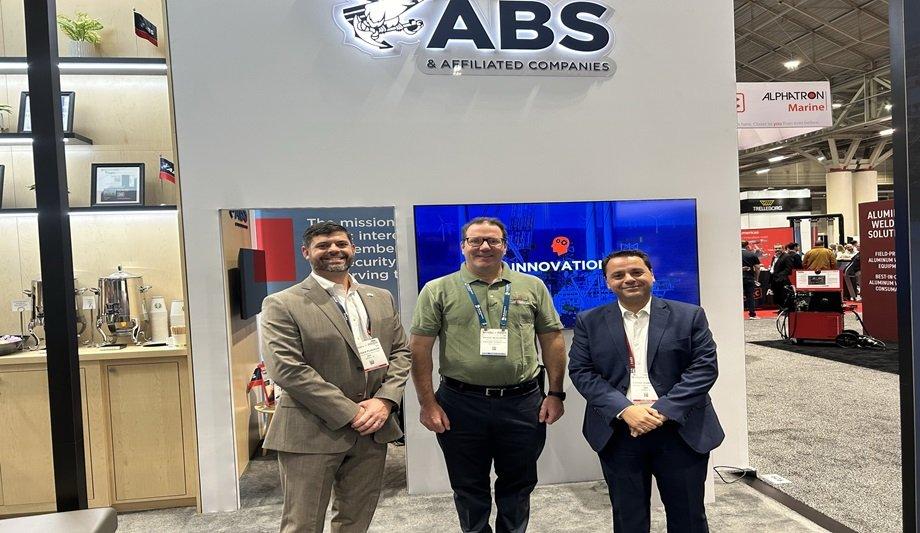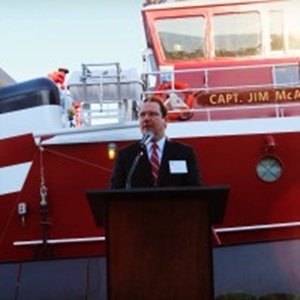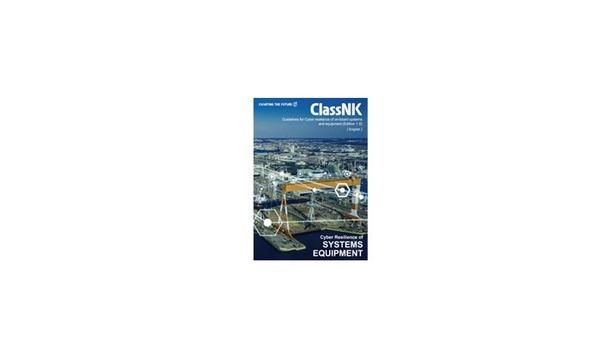Working together with ABS, McAllister Towing, one of the oldest and largest marine towing and transportation companies in the U.S., has released its inaugural sustainability report, showcasing efforts to reduce its environmental impact and highlight its social and governance performance.
ABS specialists worked with McAllister’s team to provide greenhouse gas inventory and sustainability reporting services, calculating the operational carbon intensity and benchmarking the performance of the McAllister fleet of more than 60 vessels, including tugboats, passenger ferries, offshore supply vessels, crew boats, and barges in over 13 locations along the U.S. East Coast.
ESG risks and opportunities
Investors are increasingly incorporating Environmental, Societal, and Governance risks"
“Investors are increasingly incorporating Environmental, Societal, and Governance (ESG) risks and opportunities into their investment decisions,” said Panos Koutsourakis, ABS Vice President of Global Sustainability.
Panos Koutsourakis adds, "ABS is uniquely equipped to help clients improve their ESG reporting with our worldwide network of sustainability specialists, who are actively engaged with the latest compliance initiatives and indexing measures. We are proud to support McAllister and celebrate on this occasion of its inaugural ESG report."
Inaugural sustainability report
The report covers topics such as McAllister’s fleet profile, emissions reduction strategies, safety culture, community engagement, and future goals.
“McAllister is pleased to provide our inaugural sustainability report,” said McAllister’s President, Brian Buckley McAllister.
Emissions reduction strategies
Brian Buckley McAllister adds, “McAllister has continuously reduced its emissions intensity over 40 percent in the past 15 years, with innovations in emissions technology, operational controls, along with practical and prudent engineering solutions."
He continues, "McAllister has also taken great strides in restoring coastal properties that were not useable, through remediation of soils with harmful pollutants, reduction of wastes, and recycling of our assets for the success of artificial reefs in U.S. coastal waters.”












